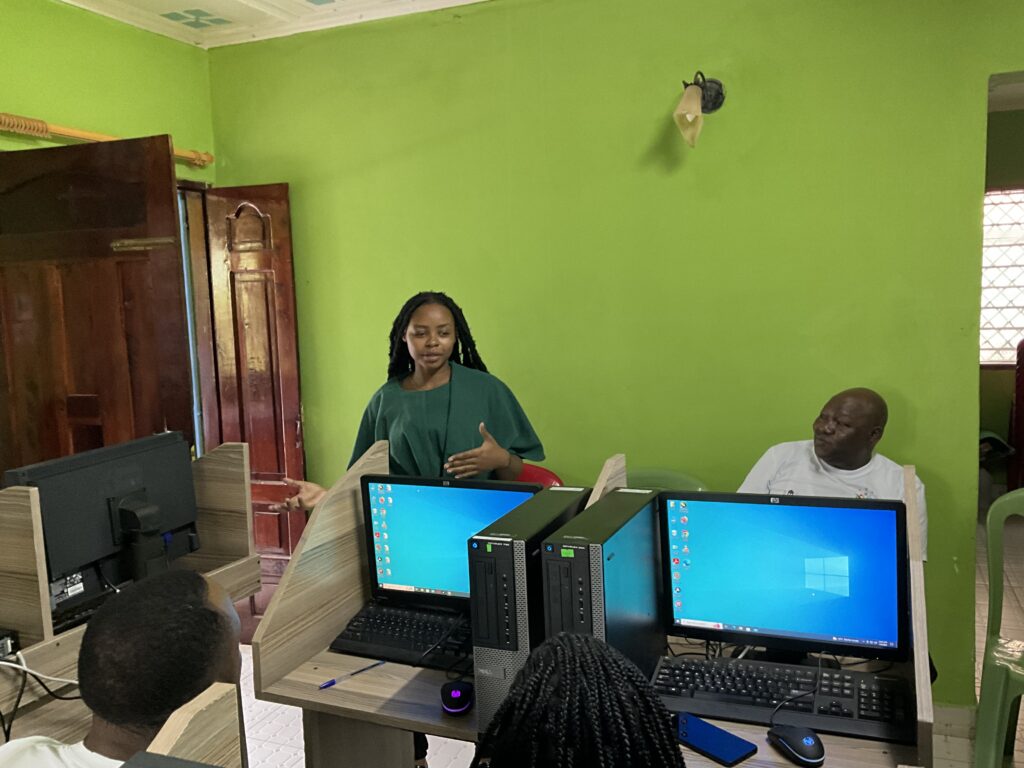According to the World Youth Report (2020), there are 1.2 billion young people aged 15 to 24 years, accounting for 16 per cent of the global population. Locally, Kenya is termed as a country of the youth according to the 2019 Population and Census results which shows that 75% (35.7 million) of the 47.6 million population is under the age of 35. With the energy, creativity and innovation embedded in the youth, they have a significant role to play in finding solutions to the global challenges. Young people are the future of any society, and as such, they have an important role to play in promoting transparency and accountability. They are feeling the corrosive effects of corruption and government apathy in every area of their lives, from education and road safety to health and environmental protection. They are ready to use their tech savvy to create new systems of accountability and transparency for the public and private sectors. By engaging in activities that promote transparency and accountability, young people can help to create a more open and equitable society that benefits everyone.

While many people assume that integrity building is the sole responsibility of adults, young people are also actively involved in this process. Read more to understand why involving young people in social justice, anti-corruption, and democracy initiatives is necessary.
Firstly, young people are not just the leaders of tomorrow; they are also the decision-makers of today. By engaging them in the fight against corruption and social injustices, we instill a culture of accountability and civic responsibility early on. This proactive approach fosters ethical decision-making that will resonate throughout their personal and professional lives. Cultivating these values among youth can lead to long-term shifts in societal attitudes towards governance and integrity, ultimately nurturing a generation that prioritizes justice and accountability.
Secondly, young people often face ethical dilemmas that challenge their integrity, such as peer pressure to engage in dishonest behavior, whether in academics or social situations. By equipping them with strong ethical foundations, we empower them to resist such pressures and make principled choices. This resilience is crucial in creating a society where integrity is valued and upheld.
Thirdly, young people are active agents of positive change. They are increasingly becoming the eyes and ears of their communities, identifying and reporting instances of corruption and social injustices. Utilizing modern tools like artificial intelligence and social media, they can effectively raise awareness and mobilize action. Their willingness to demand transparency from leaders plays a pivotal role in promoting accountability and good governance. By actively participating in these processes, they hold institutions accountable, ensuring adherence to ethical practices.
Fourthly, young people are often at the forefront of social movements, passionately advocating for issues like climate change, equality, and human rights. Their energy and commitment can galvanize communities, inspiring collective action against corruption and other injustices. In an increasingly interconnected world, youth movements can learn from and contribute to global efforts, sharing best practices and strategies for advocacy. Their integrity and transparency can inspire others to join the cause, amplifying the impact of their efforts.
Lastly, engaging in integrity-building initiatives is not just about societal change; it also equips young people with essential life skills. Employers increasingly value integrity in their workforce, and consumers prefer to engage with companies that prioritize ethical practices. By cultivating a reputation for integrity, young people set themselves up for success in their future endeavors, both personally and professionally.
In conclusion, the demographic landscape in Kenya underscores the importance of involving young people in integrity-building initiatives. Their representation ensures that policies and initiatives reflect the needs and perspectives of younger generations. Young people bring innovative ideas and fresh perspectives to longstanding issues, leveraging their tech-savviness to advocate for change effectively. Moreover, they can foster intergenerational dialogue, bridging the gap between older and younger generations to create inclusive approaches to tackling corruption and social injustices. By empowering youth, we not only invest in their future but also in a more transparent, accountable, and equitable society for all.
